In 2019, my older brother wrote an article for The Burlingame B on rising anti-semitism, and now, almost exactly five years later, I find myself in the same situation. Once again, I’ve seen rampant hatred towards Jews. Once again, I scroll through social media comment sections, reading words fueled by misguided anger. Once again, I wonder what followers of the Jewish religion could have possibly done to find themselves in this situation.
The answer is that the group that has always been the world’s scapegoat is the scapegoat once again.
First of all, I need to address that the Jewish community does not represent the state of Israel or its decisions, and we never have. In fact, Jews, working with organizations like Jewish Voice for Peace and the IfNotNow movement, have been actively protesting the actions of the Israeli government in both Israel and America. Among many American Jews, there’s a large gap between Zionism and Judaism. Even among those who are Zionist, many feel that supporting the existence of the Israeli state does not equate to supporting the violence this state is carrying out in Gaza. Believing in the right to a Jewish homeland does not mean you are inherently required to support the decisions of that land’s government, just as being an American does not prevent you from criticizing your nation’s actions.
Despite a varied range of beliefs among Jews, the Jewish community has been treated as if the entire group are ambassadors for the Israeli government’s actions, and therefore some attempt to hold them accountable. This mentality has led to a massive increase in anti-Jewish hostility, represented by the fact that the ADL has recorded more than 3200 anti-semitic incidents since the start of the conflict.
Burlingame High School alumni and Columbia University freshman Jonathon Kon knows all about hate and anti-semitism, as he has been exposed to it frequently during his time on campus. While his first several months at Columbia initially consisted of adjusting to college, meeting friends and working on his academics, his college life quickly changed when the Columbia encampment protesting the Israel-Gaza conflict started on April 17.
These protests made Kon uncomfortable, and he began to stick to places with large Jewish populations, attempting to ensure he felt welcome and safe. Unfortunately, Kon’s experience is not an outlier. Thousands of Jewish students and professors may feel like outcasts on their campuses, standing in the face of hatred fueled by generalizations and anger.
No matter where you look, the belief that Jews are not safe is confirmed. My temple now needs security guards protecting the front gate. In a few short years, I will be applying to colleges. What will this situation look like then? Will it be resolved? Will I be forced to consider on-campus anti-semitism as a determining factor for where I want to be educated? I, like many others, am forced to contemplate whether the danger that we may face for being Jewish outweighs the shame of attempting to hide this crucial part of our identities.
Though the act of the college protests is not immoral, they’ve become breeding grounds for hate, much of which is directed at the Jewish community. It’s led to Jewish students no longer feeling safe, a problem that still needs to be addressed. In fact, according to the Anti-Semitism Defense League (ADL), only 38.6% of Jewish students feel comfortable admitting their faith on their college campuses, a number that was as high as 63.7% before the conflict began. Chants suggesting we “Globalize the Intifada,” and heralding Hamas as heroes outwardly suggest harm against Jews, and are inexcusable, stepping over the line of free speech into the realm of blatant hate speech. This vocabulary often suggests global terrorism targeting Zionists and Jews and is in a large part spread by those who don’t understand its meaning. Although many who utilize this language often don’t genuinely mean what they are saying, it still facilitates an environment in which calling for terrorism, assault, and murder of Jews is considered excusable.
It’s difficult for me to balance my opinions on the campus protests because I am a walking contradiction. If I support the halting of these protests to ensure all Jews feel comfortable, I am therefore disregarding the importance of maintaining both First Amendment protections and journalistic freedom, something that goes against my beliefs as a student journalist. If I support the continuation of the protests, I am therefore turning my back on my people and disregarding much of the hate speech that is occurring. As a Jewish journalist, I am caught in the middle between two components of my political beliefs, feeling as if my strong feelings towards the continuation of the right to free speech contradict my strong sentiments about the rights of my people.
To these protestors, I say that the Jews are not your enemy. We do not represent the state of Israel, and we are not the ones carrying out this war.
Your Jewish classmate did not kill a Palestinian, just as your Palestinian classmate did not kill a Jew, which is precisely why taking out your anger on these innocent people is counter-intuitive to your goal.
And to my fellow students, you’ve heard the saying “never again” at least once in your life, and instantly thought of a seemingly ancient atrocity that occurred way before you, your parents, and even your grandparents were born. I’m here to say that on the track we’re on, “never again” is not some foregone piece of history: it’s right now.

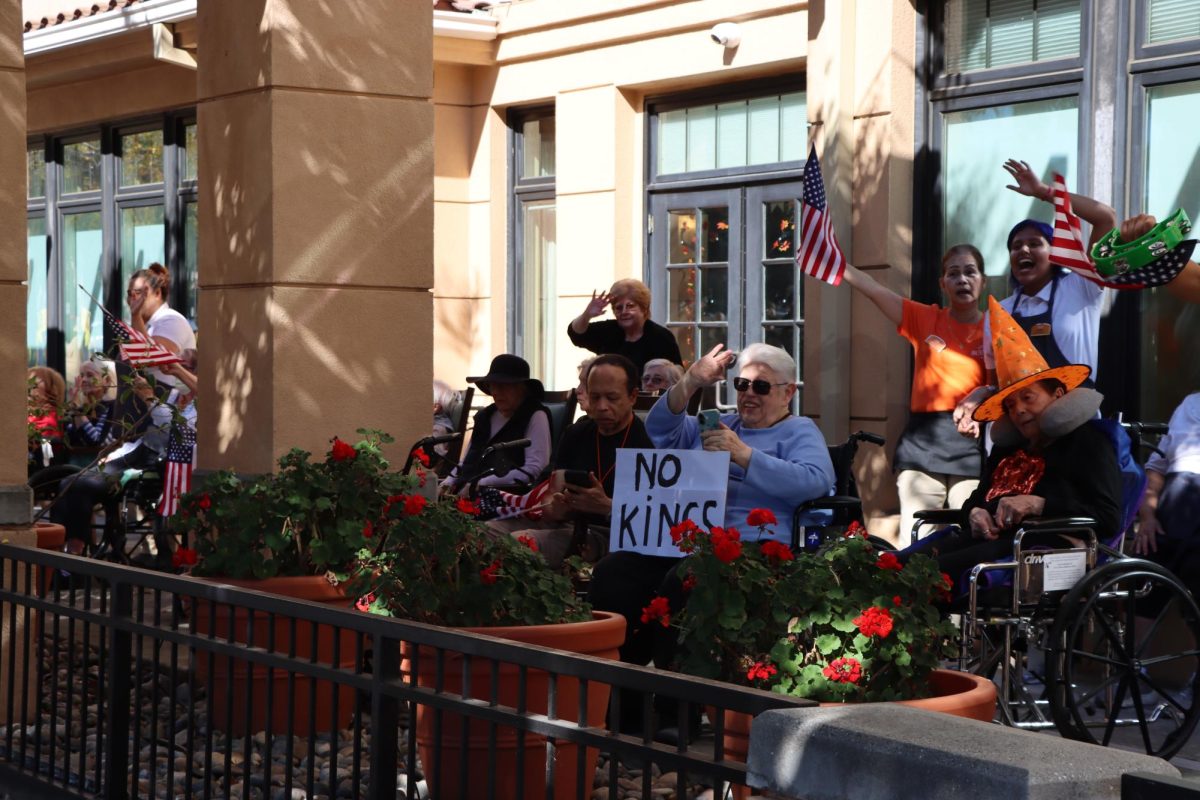




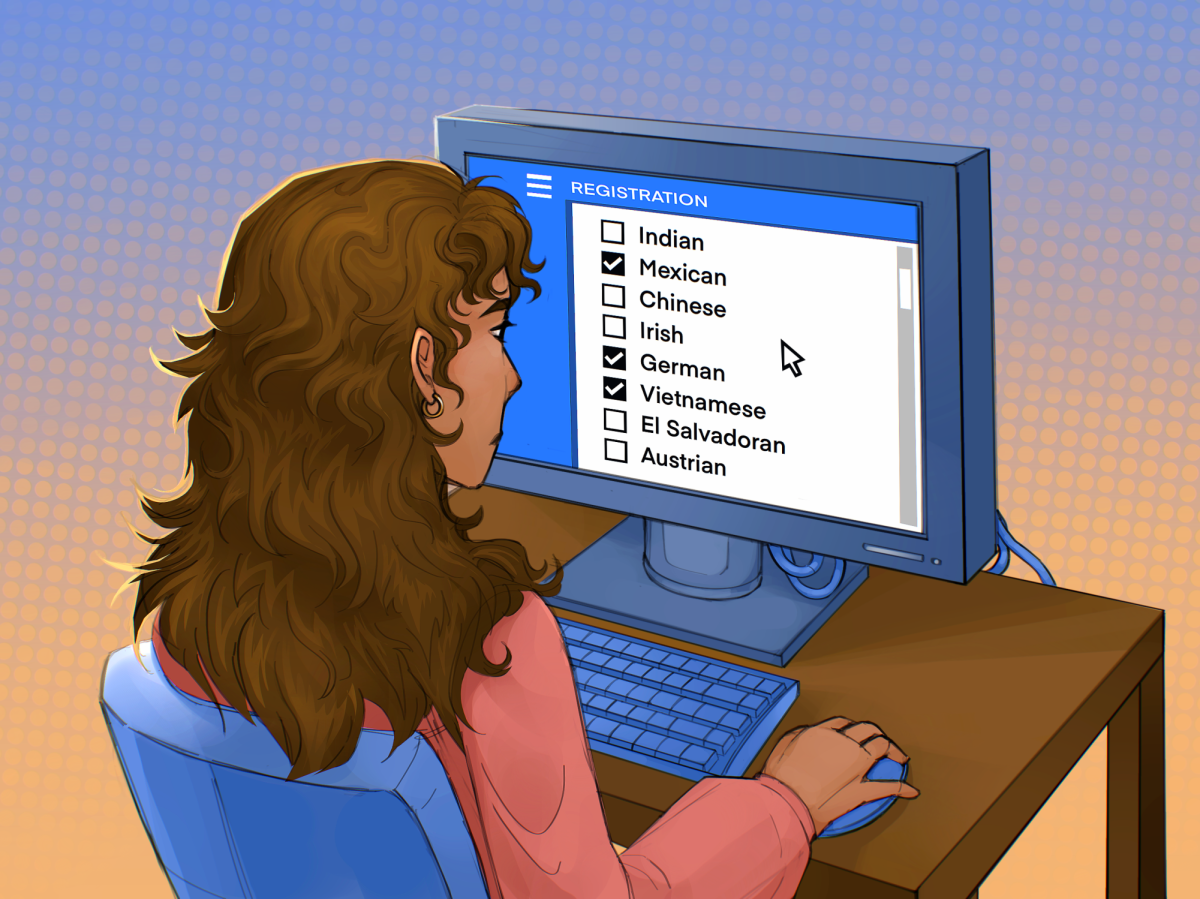
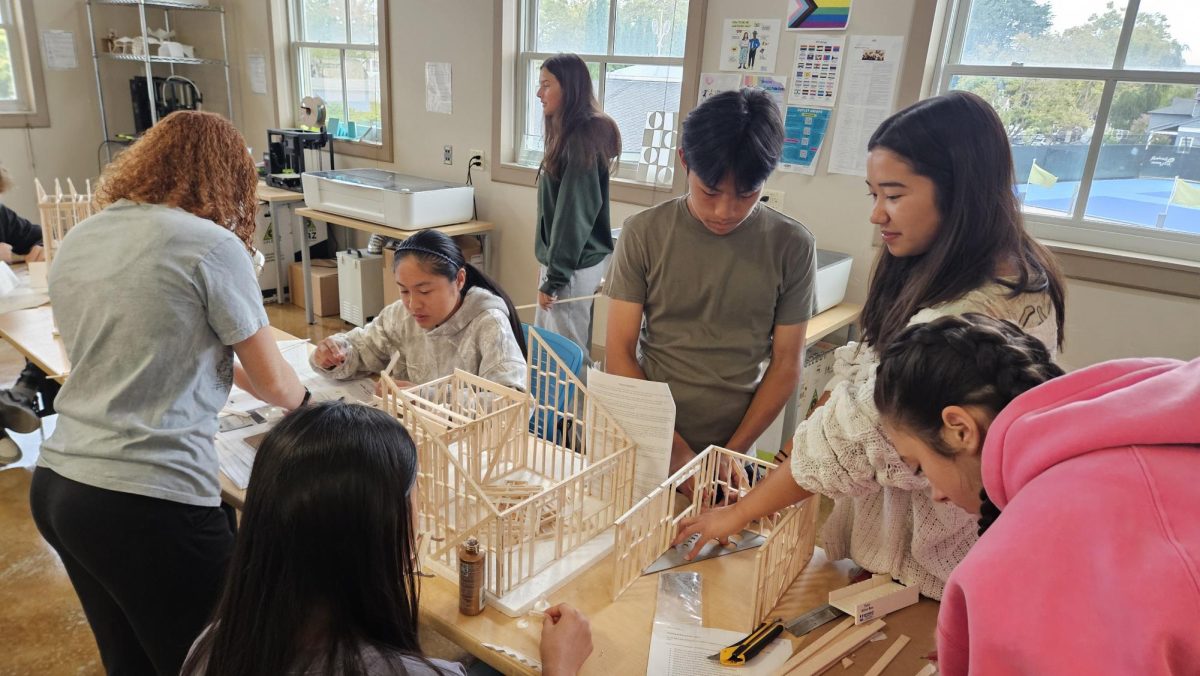
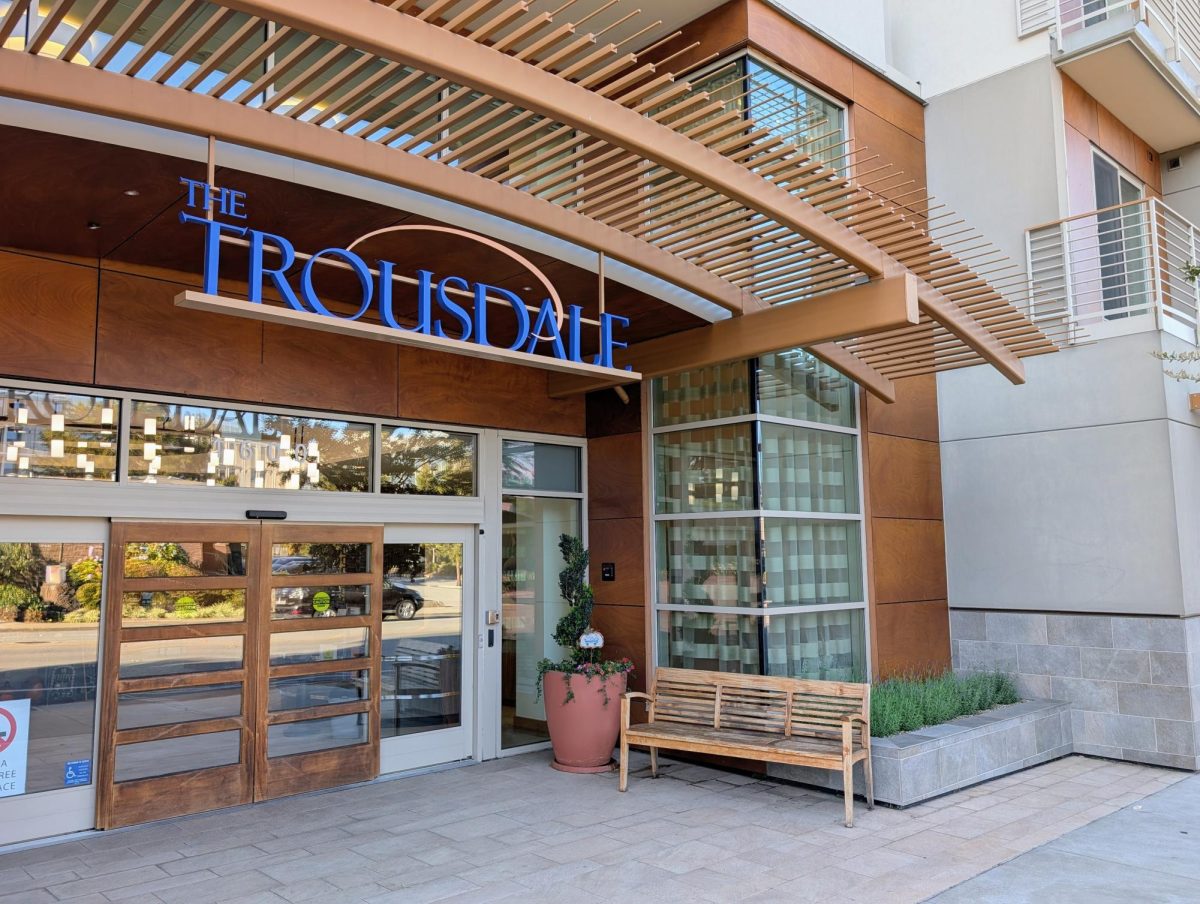


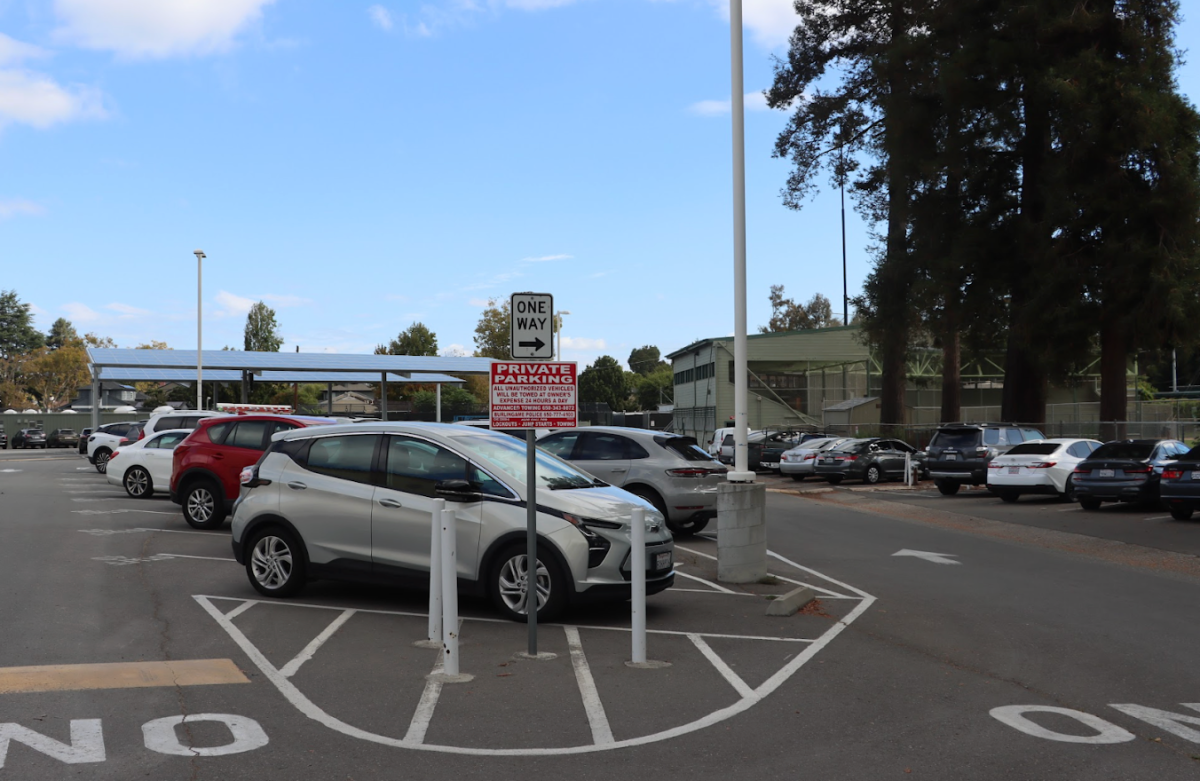






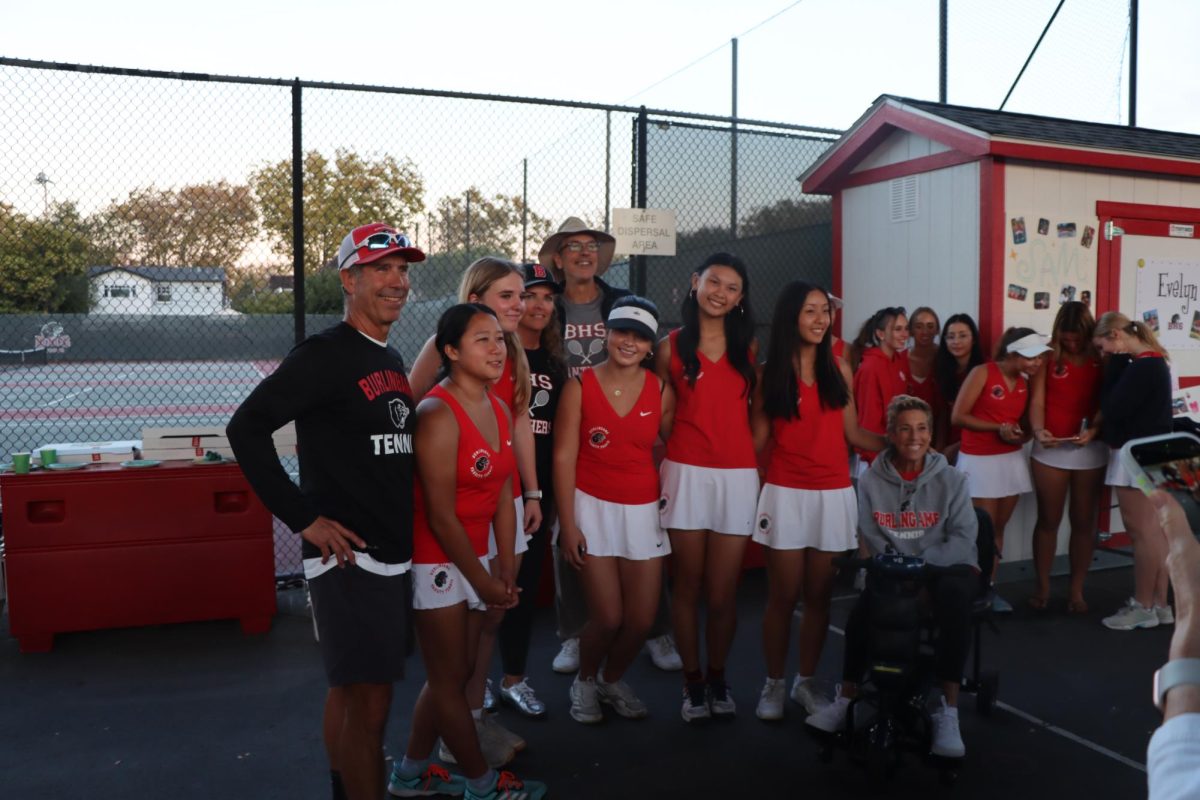
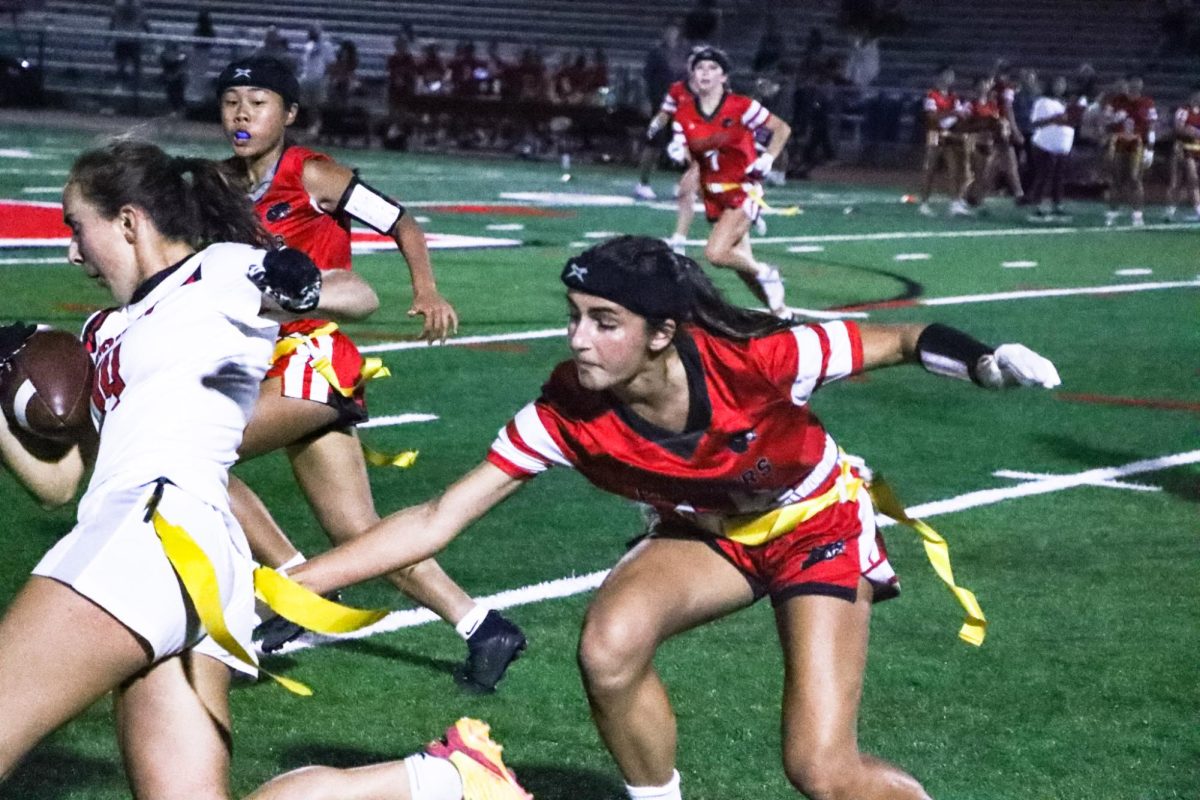














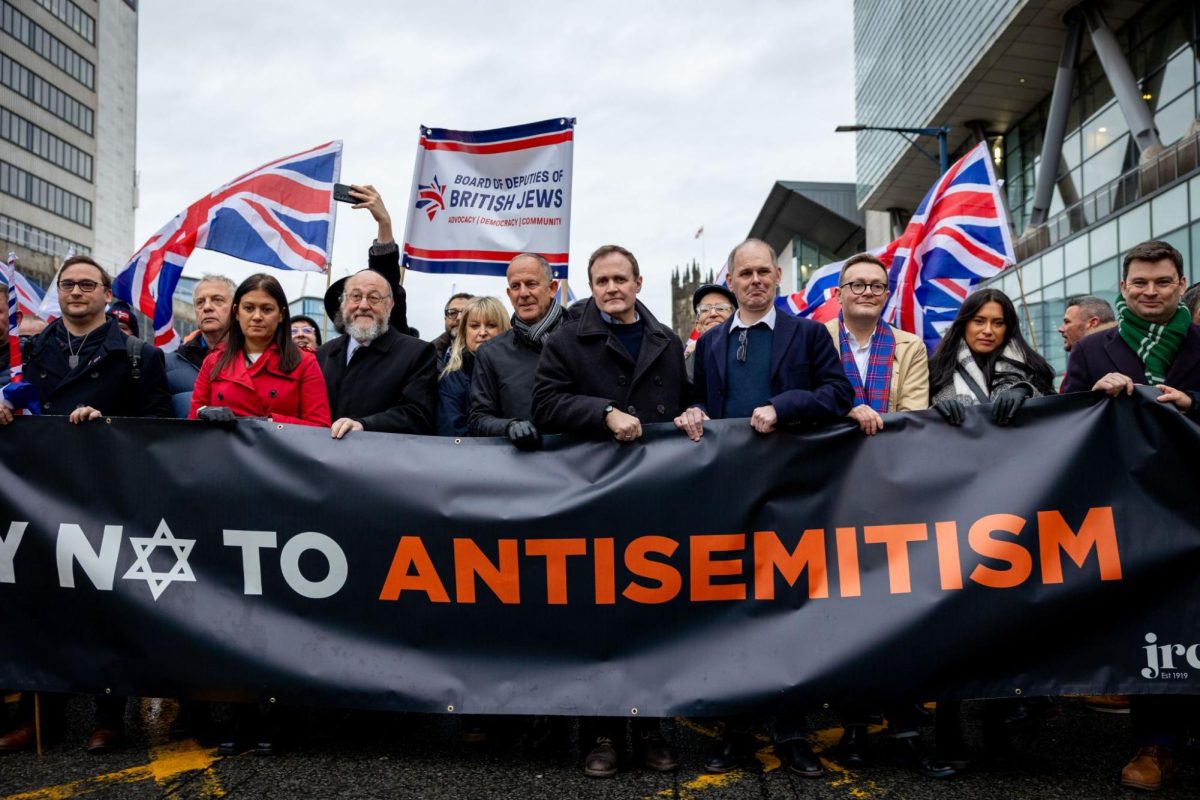



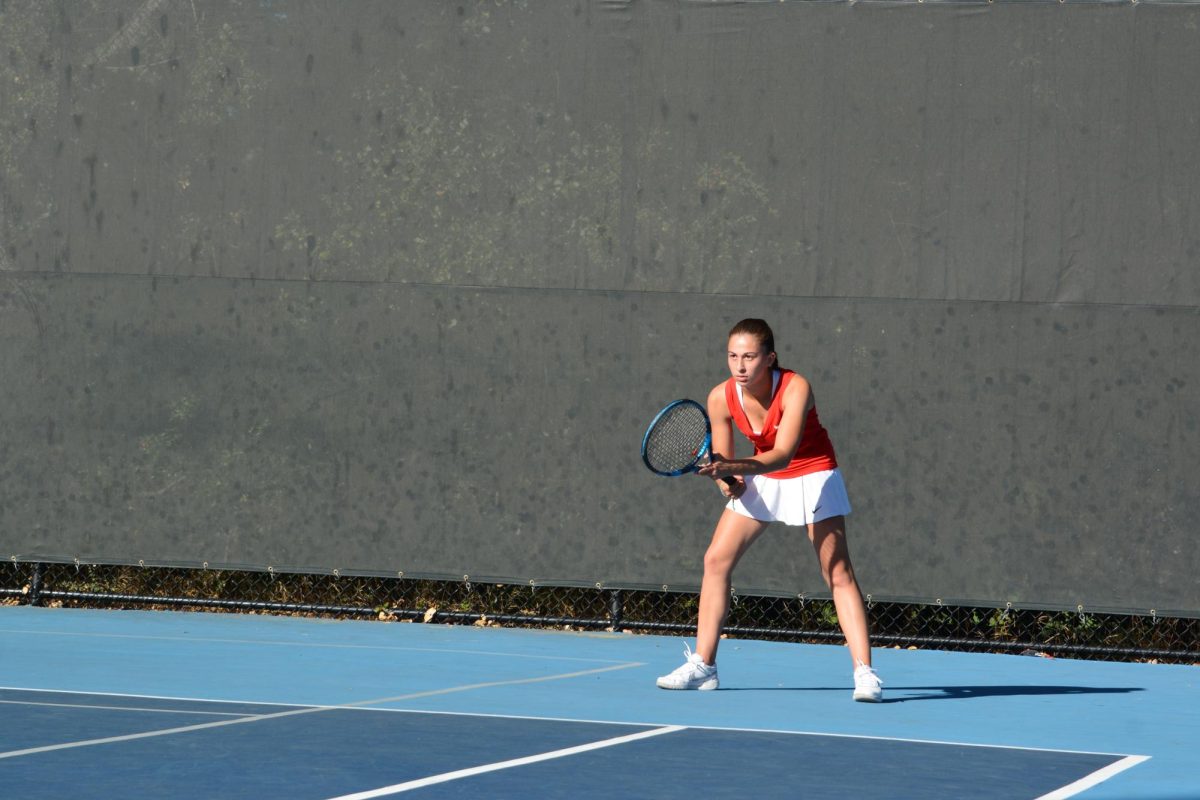

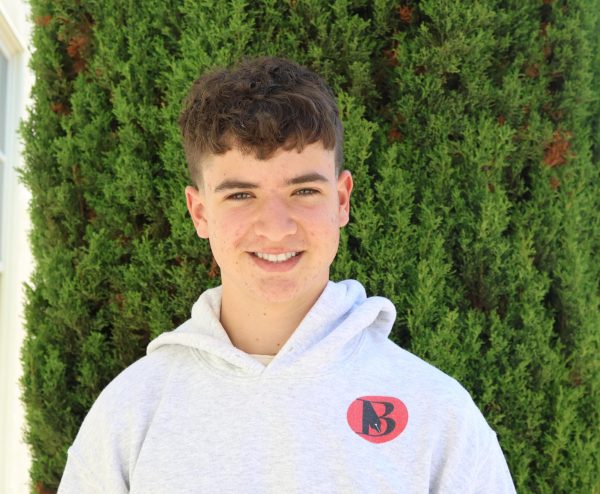
Gail Karp • May 22, 2024 at 5:17 pm
While we don’t make decisions for Israel most Jews support Israel and its right to exist. Israel has a right to defend itself after the atrocities of Oct 7 . It is also possible to be Pro-Israel and Pro- Palestine- just not ruled by Hamas . And this would all end tomorrow if they released our stolen people and surrendered. As for antisemitism- that is just an excuse to hate.